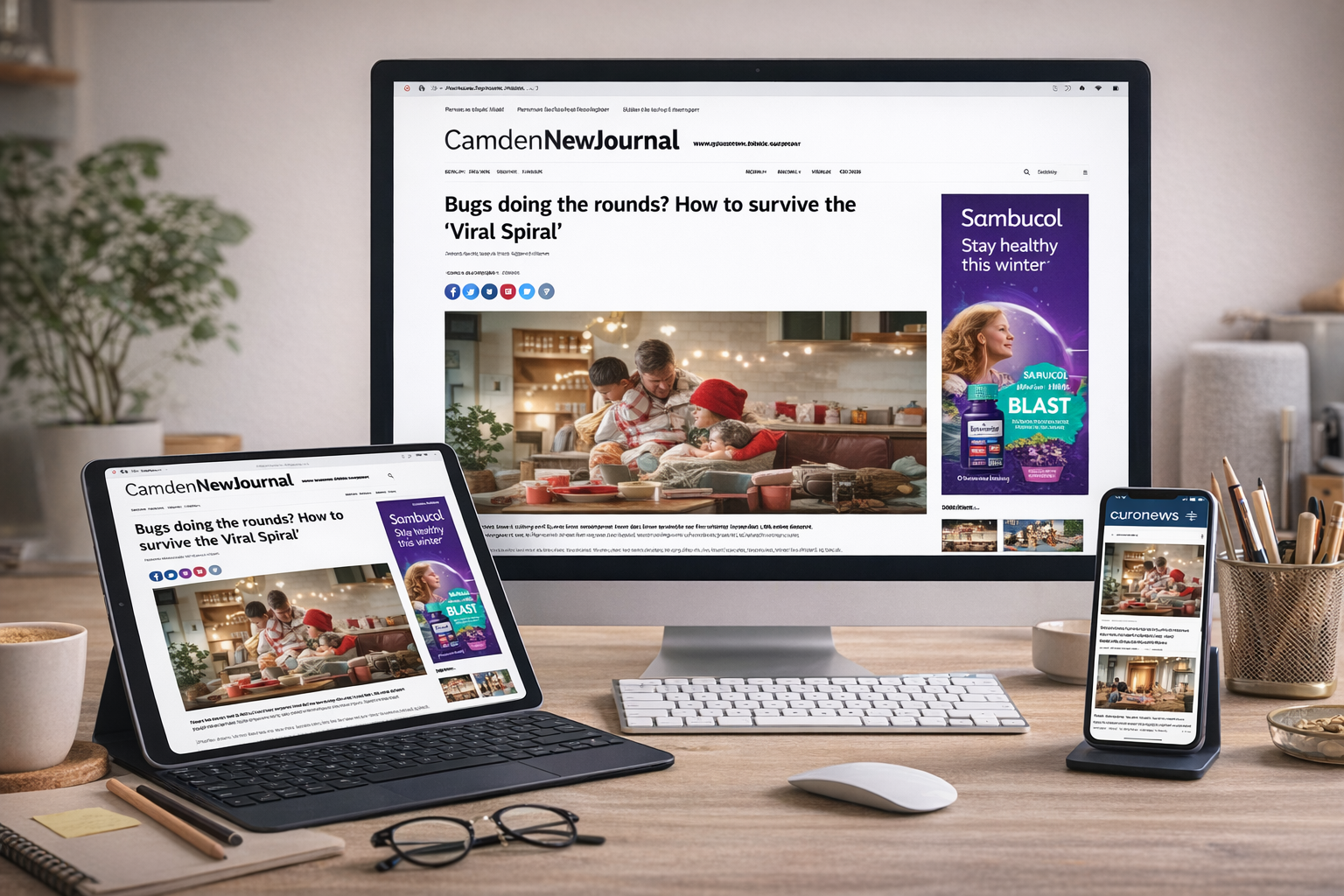.jpg)
How to turn B2B leads into customers
Converting leads into customers efficiently as possible is vital for any B2B business.
Converting a lead into a customer is a complex and multifaceted process that requires careful planning and execution. For many B2B businesses, it’s a long process with many opportunities for the target to drop-off. The key to success is to establish effective strategies to identify, qualify, and nurture leads, ultimately guiding them towards making a purchase decision. Here’s the 5 key stages you’ll need to master…
Stage 1: Lead generation
The first stage of turning a lead into a customer is lead generation. This involves identifying potential prospects who have shown interest in the products or services offered by the business. Various lead generation tactics can be employed, including content marketing, social media advertising, search engine optimisation (SEO), and in-person events. The goal is to attract relevant leads and capture their contact information for further engagement.
Stage 2: Lead qualification
Once leads have been generated, the next stage is lead qualification. This step involves assessing the quality and potential of each lead to determine their suitability as a customer. Businesses need to define specific criteria and prioritise leads based on factors such as their budget, authority, need, and timeline (BANT). By qualifying leads effectively, businesses can focus their resources on those with the highest chances of conversion and stop wasting time on poor prospects.
Stage 3: Lead nurturing
Lead nurturing plays a crucial role in building relationships and moving leads closer to becoming customers. This stage involves engaging with leads through personalised and targeted communication strategies. Businesses can leverage email marketing, social media engagement, webinars, and content creation to provide valuable information and address their pain points. By nurturing leads with relevant and compelling content, businesses can establish trust, credibility, and authority.
Stage 4: Proposal and negotiation
Once a lead has been nurtured and shows a genuine interest, it's time to move towards the proposal and negotiation stage. Here, the business prepares a tailored proposal that addresses the lead's specific needs and requirements. The proposal should highlight the value proposition, competitive advantages, pricing, and any additional services or benefits. Effective negotiation skills and open communication are crucial during this stage to address any concerns or objections the lead may have.
Stage 5: Closing the deal
The final stage is closing the deal. At this point, the lead has shown a strong intent to become a customer, and it's essential to seal the agreement. Clear and concise contracts should be presented, ensuring that all terms and conditions are transparent and agreed upon by both parties. Timely follow-ups, efficient handling of paperwork, and a customer-centric approach can help expedite the closing process. Celebrating the new partnership and expressing gratitude further strengthens the relationship.
Converting leads into customers efficiently as possible is vital for any B2B business. Content plays a key role across the journey and can help reduce friction. To discuss how Effective Media can do all this and more for your business, contact us today.





